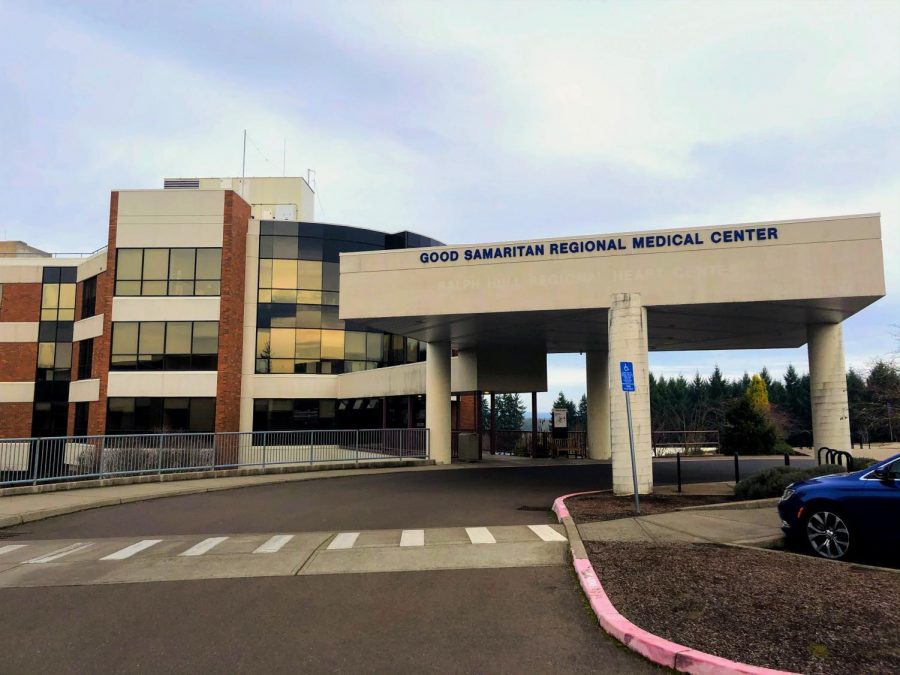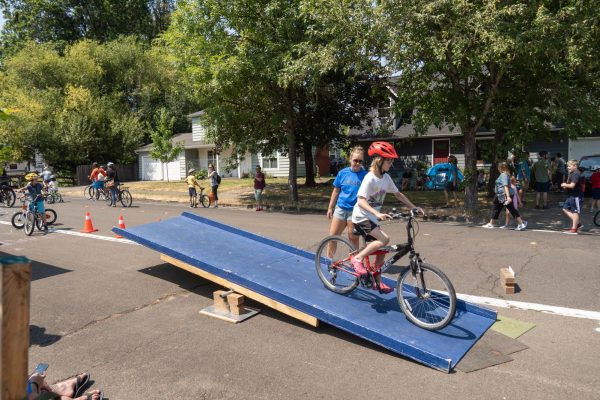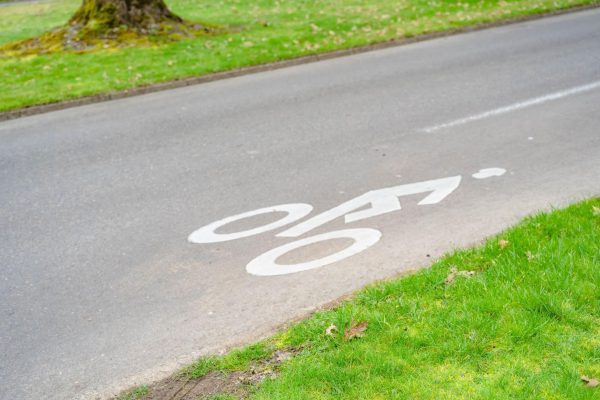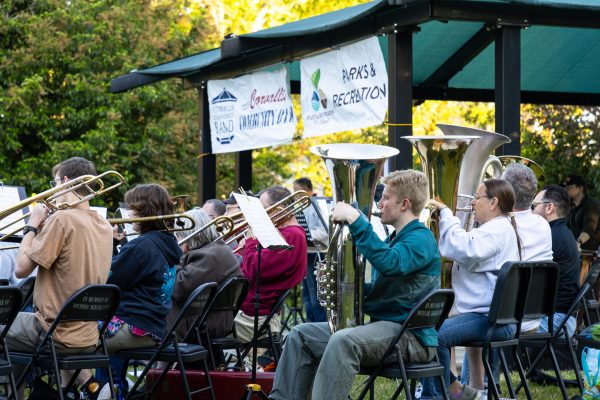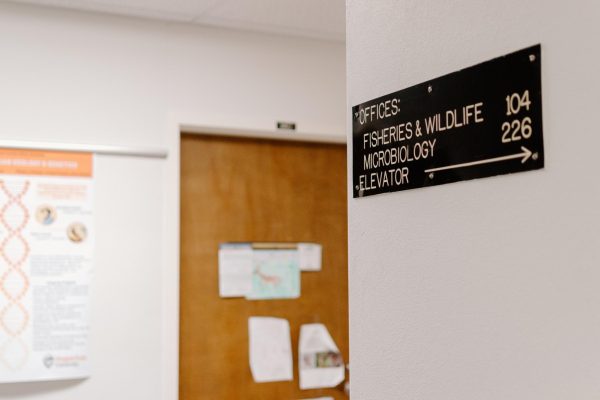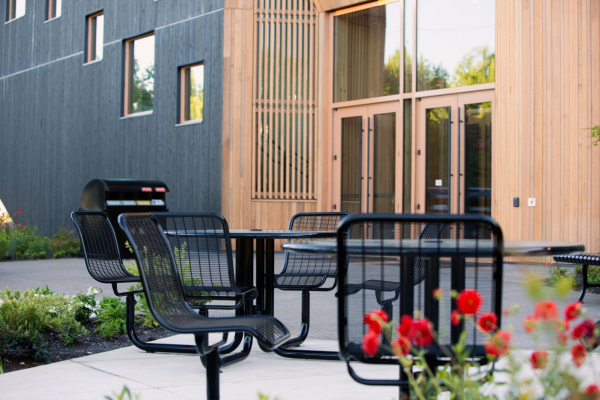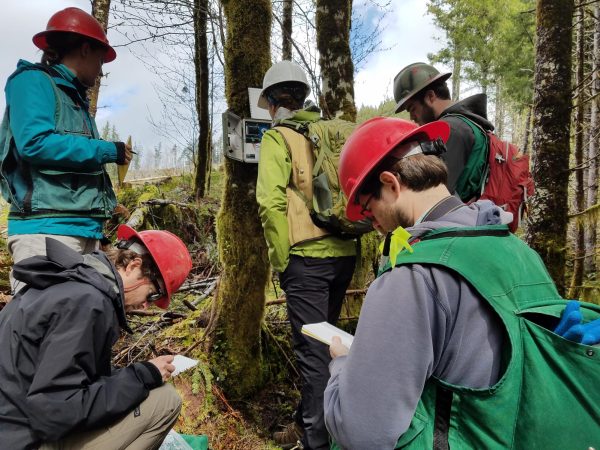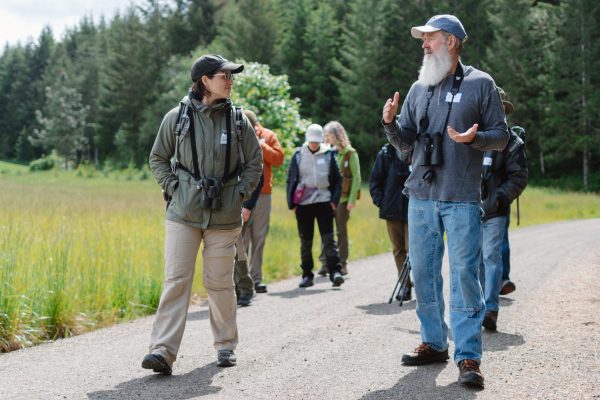COVID-19 cases continue to increase after holiday season
January 19, 2021
Benton County residents are seeing a spike in positive COVID-19 cases as the holiday season ends and students return, adding to Oregon’s rising case numbers.
Case counts have been expected to rise around two to three weeks after the holidays. There were 161 new cases the week of Jan. 3 compared to 93 cases the week of Dec. 27. As of Jan. 18, Benton county has 1583 confirmed cases of COVID-19.
Benton County is currently labeled as “extreme risk,” which limits stores to 50% capacity and prohibits indoor dining. Establishments such as gyms and pools will also be closed effective Jan. 15.
“We understand that celebrations with those we love are important, but we ask that people do their best to celebrate wisely while we continue to battle this pandemic,” said Alyssa Rash, the Benton County public information officer via email. “Limiting gathering sizes and continuing COVID-19 safe practices when we are around others drastically reduces the risk of COVID-19 spread.”
For students at Oregon State University, TRACE resumed operations starting Jan. 4 offering free testing for all students, faculty and staff enrolled in the program till Jan. 7. After Jan. 7 TRACE will continue to conduct prevalence testing by invitation every week on the Corvallis campus and every other week at OSU-Cascades and the Hatfield Marine Science Center.
“I think it is important that students have the opportunity to get weekly tests through the university since not everyone has access to get free and local tests,” said Johanna Donnelly, biology and pre-medical student at OSU.
Currently, TRACE is only available to those who decide to enroll.
Testing is available in Benton county but requires an appointment and a referral at most locations. Good Samaritan offers testing for patients that are registered.
Doctor of Veterinary Medicine and OSU alumni, Courtney Dewlaney, is also frustrated by the increasing cases.
Dewlaney described that amongst the problems with virtual appointments, explaining medical situations via phone call to patients has been tricky and one of the various complications veterinary work is restricted by now.
“It’s a tough one, to have to deal [with] keeping our distance and wearing our protective equipment and not seeing those we care about” said Dewlaney. “Vet hospitals got lower on staff, then there’s a lot of sick pets that aren’t getting what they need because of a availability, the emergency side of things is getting more and more slim”
As cases rise, the pool of those vaccinated increases as well. Healthcare workers and individuals aged 65+ are the priority. Dewlaney was among the first to receive the vaccine and described getting vaccinated as a quick process that was not difficult.
Groups most at risk for COVID-19 are people over 65 and those with underlying medical conditions. According to Rash, the best way to protect these individuals is to continue wearing face coverings in public, prioritizing physical distancing and washing hands.












































































































